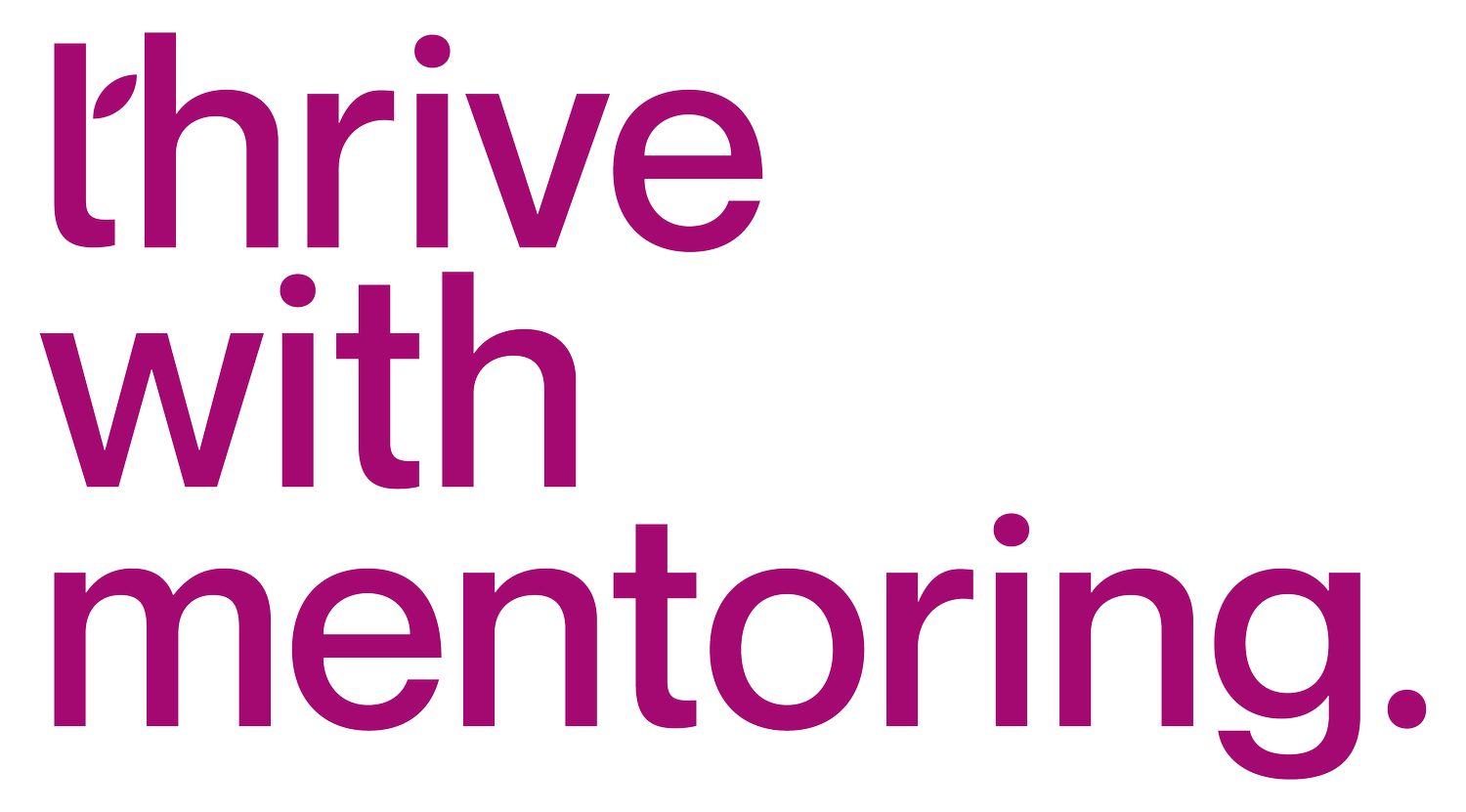How do external mentoring relationships add value to all involved: Mentees, Mentors and the Organisation?
Maya had been with the organisation for quite a while now. She had grown from rung to rung in the last decade and was keen to pass on the mantle to someone from her team. There were 2-3 worthy team members that she was keen to develop. They were a part of the organisation’s HiPo program, but as she also had responsibility for their performance towards organisational goals, she could never be focused on their development only. She was realising that probably being a sponsor was a better role for her than being a mentor.
Alex one of the HiPos was rather mistrustful of in-company mentoring situations, where he didn’t know if he should speak his mind or not. Maya though not his direct boss had been informally his mentor for quite a few years now and he had no qualms about sharing his hopes, fears and strengths with her. He doubted if he was really being groomed for her role. Or had her awareness of his shortcomings spoiled his chances.
Both Maya and Alex are on the same side, but that’s the challenge with in-company mentoring programs. The confidentiality and anonymity that’s expected by both the mentors and the mentees may become a challenge unless utmost care is taken to match people who have almost no areas of overlap work-wise.
Most organizations have politically charged undertones and revealing your whole self can potentially be a career-limiting move for both sides. This becomes even more convoluted when the department is a “soft” function for e.g. the Human Resources or HR, where reliance on technical skills doesn’t get you very far up the ladder. What gets you those senior roles is your ability to understand the strategic agenda of the organisation and how your function can accelerate the implementation.
What value can an external HR4HR mentoring program add in these cases?
A functionally driven mentoring program is particularly useful for HiPos whose companies wish to invest in accelerating their development towards senior roles. With the advent of artificial intelligence and machine learning in the workplace, HiPo HR mentees might feel constrained due to the limited exposure of an in-house mentoring program. This leaves tremendous space for “HR people” to up-skill themselves in what the organisation needs out of them tomorrow. Also in an increasingly virtual world, where the need to connect with each other leads to further stereotyping at the workplace, HR plays a pivotal role in explaining away this unconscious bias. Awareness of how to do this is limited because of the constrained exposure within the same organisation. This logic extends to quite a few HR scenarios where an in-house company mentoring program can fall woefully short.
When your mentor is a senior successful practitioner in your function and has experience with what you are specifically trying to accomplish, especially where you know that confidentiality is a given as they belong to a different organisation – it’s like having the best of both worlds. Since the mentoring is function-specific, on the job shadow sessions with a mentor who’s been there and done that, adds tremendous value to the mentee.
For the mentors, the satisfaction of focusing on the development of a High Potential outside the constraints of their own organisation can be highly meaningful. Most successful senior leaders have a desire to give back beyond their organisation – and a mentee from their function is a great channel to help them achieve this. This adds tremendous value to the mentor too personally - it gives them a view of what new-age HR professionals need out of the system. It helps lead a multi-generational, tech-savvy workforce who are motivated by abstract concepts such as 4-day work weeks, integrated work-life, talking to chatbots vs picking up the phone and dialling a co-worker and the need to connect “strategically” with the organisation’s future.
So, is there such a program available?
I am delighted to announce that I have partnered with 2 senior leaders: @Flooris Vanderwalt (former Head Talent Management and interim CHRO Oerlikon) and @Antje Bauer (former MD Syngenta Service Centre ) to create an HR4HR mentoring program.
Our aim is to bring High Potential HR talents together with CHRO’s and Heads of HR functions from other organizations as mentors. We encourage an executive HR leader (CHRO, for e.g.: Head of Talent, Head of Compensation) and a HiPo from the HR function from the same organization to sign up for this initiative together. Our expertise is in facilitating a process through which both the mentor and the mentee will find a very good match.
In addition to the one-on-one mentoring that the mentee receives from the matched mentor during the 9 months mentoring program, certified Action Learning coaches will facilitate Action Learning set meetings for the mentees. This allows the talented mentees to develop their network through a support and challenge mechanism, hence contributing to each other’s success. For an organization, this program is a great investment not only to nurture their HiPo HR talents but also support a cross-industry and cross-hierarchy network that supports the organizational agenda through best practice sharing during the action learning sessions.
We plan to introduce mentor-only exclusive breakfast sessions to facilitate an open dialogue that the senior practitioners can have about topics critical for them, share their challenges and seek peer coaching.
I have had the privilege to introduce senior level mentoring programs in 3 MNC’s in 3 different industries and the incredible real-life experience we have gained through facilitating mentoring relationships for around 700 individuals from 5 countries in the last 2 years (from ThrivewithMentoring) has made us distinctly aware of what really works and what’s a nice to have.
Combine this with 8 decades of corporate experience that we as the 3 program facilitators cumulatively bring to the table, as senior leaders who have worked across 8 different industries means a high-quality experience for all involved.
